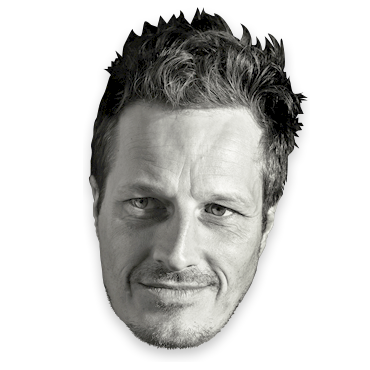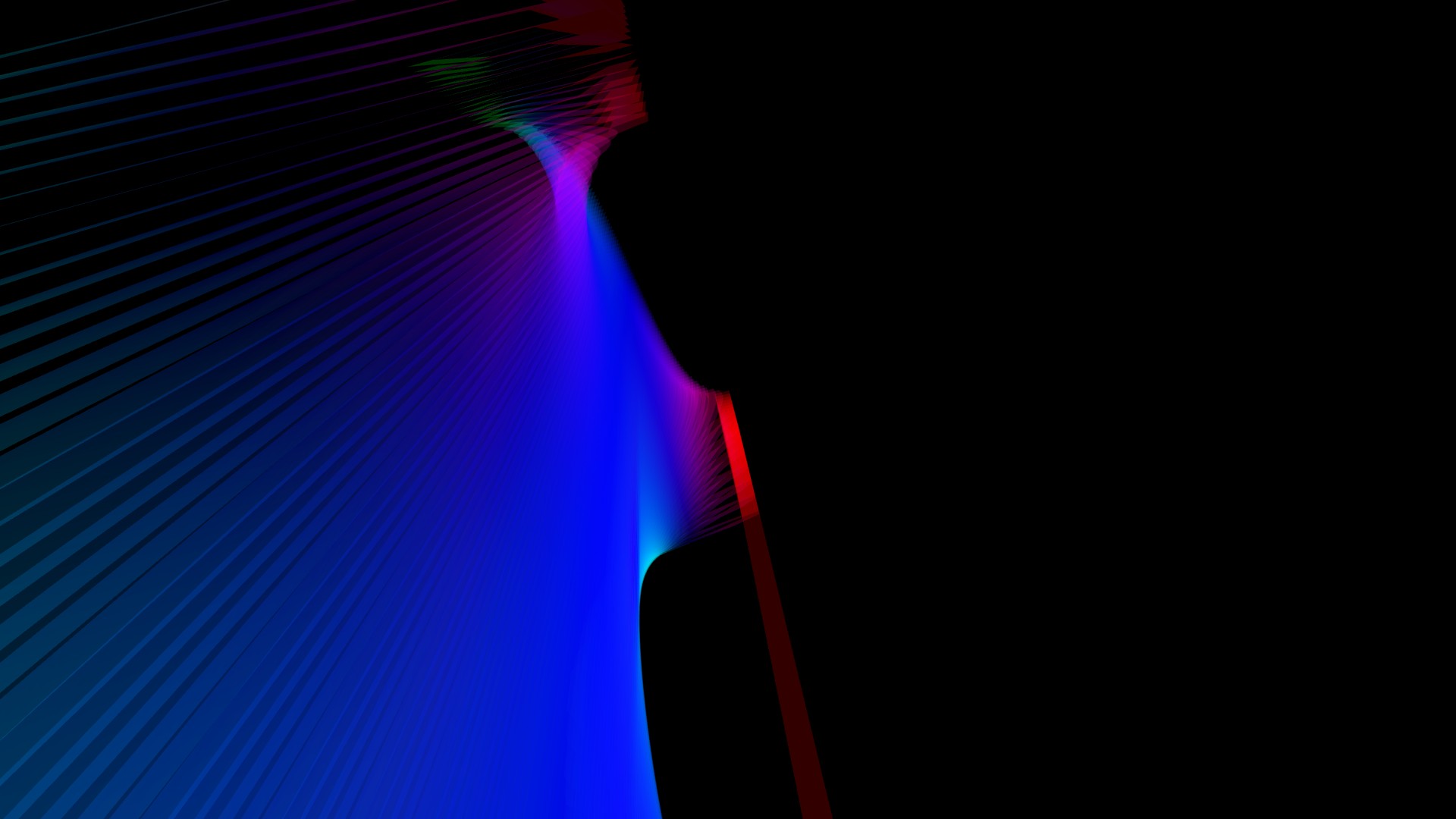I'm in Húsavík, Iceland, for a month, in residence at the Fjúk art centre. I'm doing digital work, mostly using Processing, exploring natural phenomena: daylight variation by latitude, eclipses (we had one today!), geophysics.
Húsavík is a small town in the north of Iceland: fishing and whale watching are the main activities. People are friendly in that undemonstrative Nordic way. I've been here for five days and I know a few people: Arzu my studio-mate, Eggert, Marina, a progenitor of Fjúk, Hei∂∂i, Giuditta, Francesco, Dave. I know more people, awkwardly, with whom I've had interactions in a combination of their excellent English and my shameful, hello-point-thankyou Icelandic: at the pub, the bakery, the supermarket. When the day is nice (which at the end of winter at 66° north is hardly ever) I try to go for a run, to explore the landscape and to breathe deeply the cold, clean air.
It's wonderful opportunity: of course I miss my partner K, my family, my workmates, but it has never been easier to work and play and create from anywhere on Earth.








